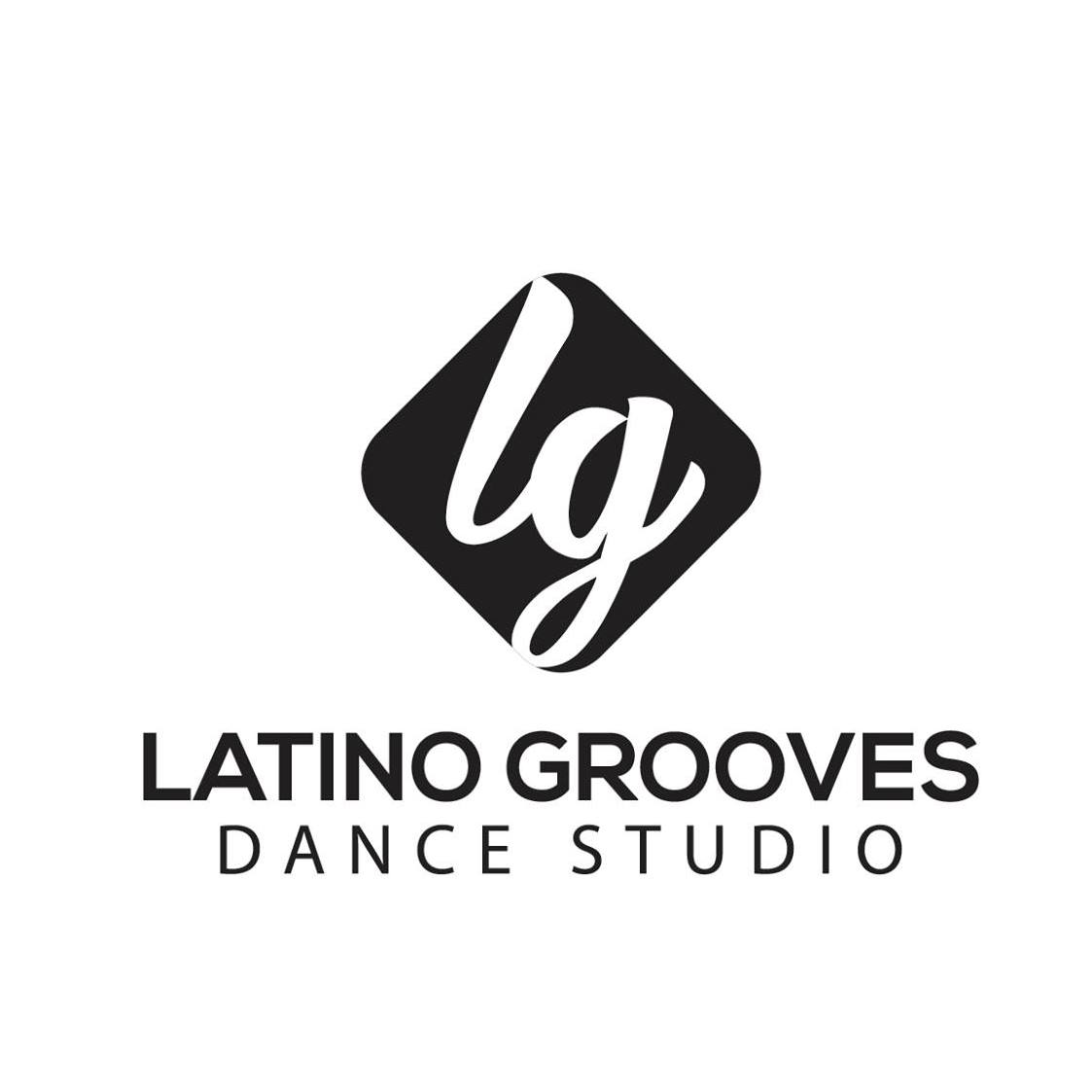This is a non partnered class designed to build dance confidence as well as doubling as a fantastic fitness workout. Get ready to swing those hips and shake ya booty to the Batucada beats. Let’s Samba!!

Brazilians are among the most musical people on the planet, and music is undoubtedly the most highly developed art form in their country. Perhaps because of its African roots, Brazilian music is a collective community act, a festa, a celebration, and is virtually inseparable from dancing. Genres such as pagode, samba, frevo, forró and lambada all have their corresponding dances.
Tudo dá samba: everything end up with samba. The heart and soul of Brazilian music is samba; all other styles that originated in Brazil can be traced back to it’s vibrant sound. This most popular Brazilian rhythm originated among Black Bahians in Rio de Janeiro and was probably first performed at the Rio Carnaval in 1917, though its roots go back much further.
It’s intimately linked with African rhythms, notably the Angolan tam-tam, which provided the basis for samba’s music and distinctive dance steps. Samba caught on quickly after the advent of radio and records, and has since become a national symbol. It is the music of the masses and is appreciated worldwide. It’s a fun and playful rhythm, made with a binary time and a syncopated rhythm and it’s on the top of this basic form that all types of samba are formulated.
Shaped by the mixing of varied influences from three continents, Brazilian popular music has always been characterised by great diversity. The Samba Canção (samba song), for example, is a mixture of Spanish bolero with the cadences and rhythms of African music.
Samba’s origin combines three different cultures: The Portuguese songs, African rhythms, and the fast paced Indian rituals. Originally it was played only with percussion instruments, and later it was added to many styles using acoustic guitar and the ‘cavaquinho’ (small guitar).
The 1930s are known as the Golden Age of Samba. By then, Samba Canção had also evolved, performed by small groups with European Melodies laid over the African percussion – as had Choro, a romantic, improvised, samba-related music with the small four-string cavaquinho (a relative of the ukulele) or guitar playing off against a recorder or flute.
Samba was pushed out of favour by other styles in the 1950s, 60s and early 70s.
Then Pagode – informal, backyard-party samba, the kind of music that can be made by a four-stringed cavanquinho and a few informal percussion instruments – emerged in Rio. Its relaxed rhythmic and melodic and enjoys widespread popularity.
This is a non partnered class designed to build dance confidence as well as doubling as a fantastic fitness workout. Get ready to swing those hips and shake ya booty to the Batucada beats. Let’s Samba!!
Our aim is to promote Brazilian dance and culture in Adelaide through dance, fitness, music, and language.
Our fundamental objective is for each teacher to share their passion for dance and to enhance the emotional, social and physical well-being of their students through their own unique dance training.
We are committed to quality service provision and a high standard of tuition. Students of all ages and levels of danceability are not only welcome but are encouraged to experience the beauty and satisfaction of Brazilian Dance firsthand! So what are you waiting for?

Samba dance classes are offered by Arthur Murray Dance Studios. Originated in Brazil, the Samba imitates the celebratory, carnival feeling. Light on your feet with forward and backward steps, rocking your body in 4/4 time.

Latin dance classes are offered by MarShere Dance Studios. Latin Rhythm dances are commonly danced to contemporary Latin American music, and with the exception of a few travelling dances.

When you attend a Latino Grooves Samba class, expect a fun and energetic workout to some seriously exciting music. Prepare to sweat!

Samba Dance Lessons are offered by Salsa Connection Dance Studio. We believe that no matter the shape or form of dance, dancing itself should not just be about steps to music - it should be lived, loved, breathed and enjoyed.

Suitable for students that have no dance experience. This is a solo class introducing you firstly to the history and origin of Samba. Class focus is on learning the fundamentals. A break-down of the basic step, timing and isolating different parts of the body.
© 2025 coursetakers.com All Rights Reserved. Terms and Conditions of use | Privacy Policy